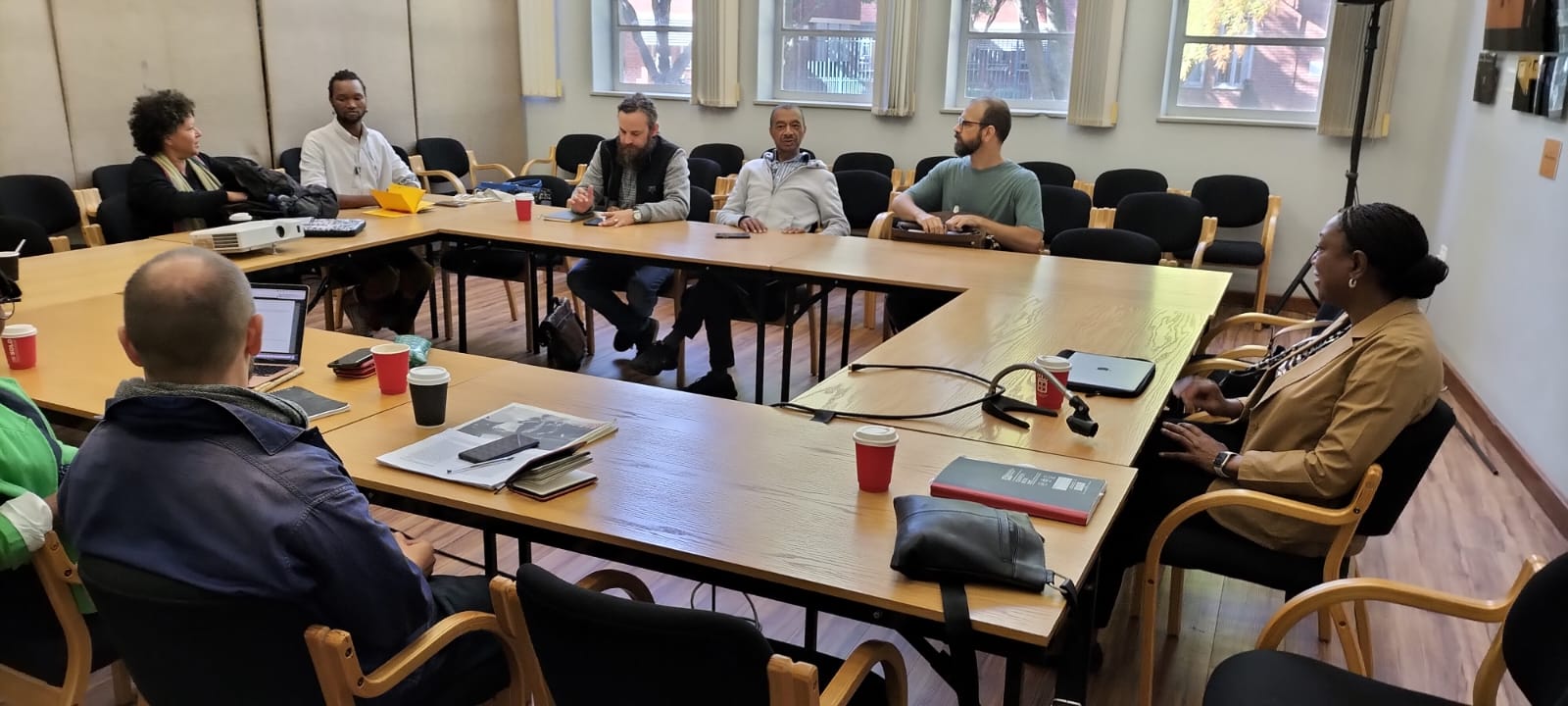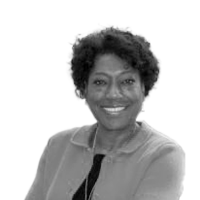
In April, the CHR had the pleasure of hosting Prof Patricia Parker (University of North Carolina) for a series of seminars and discussions in Cape Town.
On 13 April, Parker and Prof Pumla Gobodo-Madikizela (Stellenbosch University) led a discussion at the latest Humanities in Session seminar on what it might mean to abide by the concept of ‘repair’, especially when this comes to function as a term that allows a different intervention in our time. Drawing from her work in the University of North Carolina’s (UNC) Commission on History, Race, and a Way Forward, Parker argued that starting the process of repair demands that we excavate, name, and dismantle the signs, symbols, and systems of patriarchy, white supremacy, and racial capitalism. Through this work, she emphasised attending to what survives after and despite systematic subjugation. Among these remnants, embedded and sustained in institutions, she argued, is embodied intergenerational trauma with which current generations must reckon and repair.
Parker showed how her sustained focus on and engagement with marginalised communities and their everyday experiences, ground her approach to engendering institutional accountability at UNC for its entanglement with slavery and settler-colonial domination. Her engagement with the life, work, ideas, and praxis of Ella Baker, an African-American civil and human rights activist, informs much of her work in this regard and has provided Parker with three guiding principles for scholar-activists: radical listening, creating free spaces of engagement around emancipation, and counter-storytelling in order to both disrupt internalised narratives that reproduce subjugation and to establish collective consciousness and emancipatory praxes.
In a follow-up coffee session with CHR staff and fellows, Parker was asked to comment on her notion of discernment in relation to the idea of judgement. In response, she explained that her interest is in critical discernment, which regards a capacity to perceive asymmetrical power relations. In resonance with Michel Foucault and Pierre Bourdieu, critical discernment seeks to make power (and its operations) legible in everyday social life, demonstrating its circulation and reproduction in institutions and society more broadly. This approach, she argues, connects to Antonio Gramsci’s notion of ‘good sense’; a form of sensing, for Parker, that is informed by history and marginalised communities’ experiences. She highlighted that critical self-reflexivity must accompany discernment, addressing one’s internalised oppression and practices that generate and reproduce unequal relations of power even in communities where scholar-activists assume themselves to be allies.
The audience further invited Parker to reflect on the conceptual synergies between critical discernment and different modes of (social) sensing where discernment might mean bottom-up listening. In this, fellows were linking back to Parker’s remarks during her conversation with Gobodo-Madikizela the previous week, where she had highlighted radical listening as a foundational principle in Ella Baker’s activism, a form of participatory democratic practice.
Circling back to the idea of repair, Parker proposed that this work is an attempt at suturing the dismemberings occasioned by and in the wake of settler-colonial violence and violation. In invoking the metaphor of surgery and the site of the operating room, Parker beckons our collective capacity to contribute to healing trauma in the wake of racialised, gendered subjugation. Soberingly, as with all surgical interventions, there remains an indelible scar: a perpetual mark and reminder of the historical pathology, albeit now corrected. Nevertheless, as with all scars, we might imagine a future where they have faded, no longer inviting commentary or caressing. Heidi Grünebaum, the CHR’s Director, pondered the time horizon for transcending racialised subjection. While the promise of the faded scar might be farther in the contemporary United States, ought it not presumably be in closer reach for South Africa? What ought the terms of repair be in a context like South Africa where, unlike the US, white supremacy was ostensibly defeated?
Part campus tour and part sensory apprehension of UWC’s history from the CHR’s space to the Student Centre, the CHR’s sound studies group facilitated a fascinating and adapted sound walk for Professor Parker, introducing her to the un(der)spoken parts of the institution’s history. A multivocal historical and spatial mapping of UWC, each step across the university grounds wove personal and collective memories with a broader social and institutional history of apartheid as experienced and resisted at UWC and its surrounds.
And on a windless, sunny autumn afternoon, Professor Parker veered south to the Norval Foundation, where she experienced Berni Searle’s retrospective ‘Having but little Gold’. Among other observations, Parker was struck by the inclusion, in Searle’s biography, of the length of time that it took for Searle’s ascension to full professor. This professional biographical detail resonated with her experience as a black woman in the US academe. In keeping with some of the themes in Searle’s exhibition regarding ancestry, family, and heritage, the small group talked about the micro spaces that shape and that we. In turn, shape and within which we first exercise our agency, notably the intimate space of the family. Amid practising isiXhosa’s many click sounds, Parker shared a fond memory of teaching her older sibling how to pronounce the word “street” without converting the “st” sound into a “sk”. Clearly, notwithstanding being the last of 13 siblings, something effortlessly professorial … an innate pedagogue was already in full operation.

Bio:
Parker is the Director of the Institute for the Arts and Humanities, Professor in the Department of Communication at the University of North Carolina (UNC) at Chapel Hill, and co-chair (with Dr Jim Leloudis) of the University Commission on History, Race, and a Way Forward.
